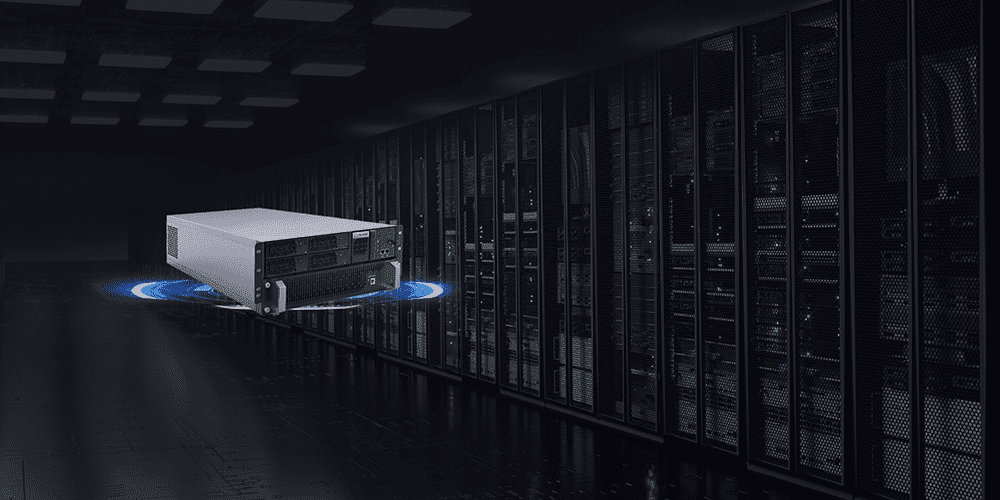
Energy stored in lithium-ion batteries can be used as emergency energy sources, and can also be used to store energy when the grid load is low. When the power grid is under high load, the lithium-ion battery can output energy for peak shaving and valley filling, reducing power grid fluctuations. When the lithium-ion battery has the following failures, it will affect the efficiency of energy storage, so we must find out the reason and deal with it in time.
Voltage is inconsistent, the individual is low
1. Large self-discharge causes low voltage
The large self-discharge of the cell will cause its voltage to drop relatively quickly, and the low voltage can be eliminated by detecting the voltage after storage.
2. Uneven charge causes low voltage
After the battery is tested, due to the inconsistency of the contact resistance and the current charged by the test, the battery cells will be charged unevenly. After a short period of storage (12 hours), the difference in the measured voltage is very small. However, the voltage difference will be greater when stored for a long time. This low voltage has no quality problems and can be solved by charging.
Internal resistance is too large
1. Differences in detection equipment caused
If the detection accuracy is not enough or the contact resistance cannot be eliminated, the internal resistance will be too large. At this time, the AC bridge method should be used to test the internal resistance.
2. Storage time is too long
Lithium-ion batteries are stored for too long, resulting in excessive capacity loss, internal passivation, and large internal resistance.
3. Abnormal heating causes large internal resistance
When the battery cell is processed (spot welding, ultrasonic, etc.), the battery will be abnormally heated, and the diaphragm will be thermally closed, and the internal resistance will be seriously increased.
Lithium-ion battery swelling
1. Lithium-ion battery swells when charging
Lithium-ion batteries will naturally expand when they are charged, but generally do not exceed 0.1mm. However, overcharging will cause the electrolyte to decompose and increase the internal pressure, resulting in excessive expansion of the lithium-ion battery.
2. Expansion during processing
Generally, abnormal processing (such as short circuits, overheating, etc.) occurs, which will cause excessive internal heating, decomposition of the electrolyte, and expansion of the lithium-ion battery.
3. Expand while cycling
When the battery is cycled, the thickness will increase as the number of cycles increases. After more than 50 times, there will be basically no new additions. Generally, the normal increase is 0.3~0.6mm. This phenomenon is caused by normal battery reactions. Adding the thickness of the shell or reducing the internal materials can appropriately reduce the expansion phenomenon.
Energy storage is a new market with broad development prospects for lithium-ion batteries. RENON has set its sights on this market and can provide enterprises and users with energy storage systems composed of lithium-ion battery modules. If you want to learn more about lithium-ion batteries after reading the above, you can get a comprehensive solution by contacting us.
As a professional manufacturer of lithium battery energy storage systems, we have multiple invention patents and an experienced manufacturing team. Our professional production team and strict quality management system have carried out strict quality control in handling all details of the product. We will also provide thoughtful one-stop service and formulate effective solutions according to customer needs. If you are interested in our lithium-ion battery, please contact us immediately!

扫码关注
We use cookies to understand how our audience uses our site.
Renon Power websites use cookies to deliver and improve the website experience. See our cookie policy for further details on how we use cookies. Privacy Policy